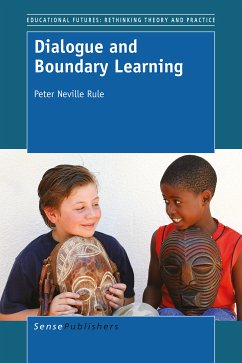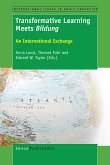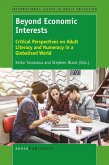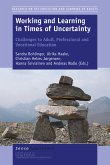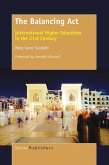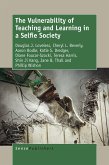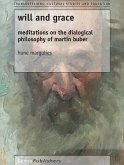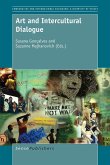In an increasingly monologic world of war, exploitation and fear of "the other", dialogue within and between humans, and with the world around us, is critical to a humane future. This book explores dialogue and learning in theory, practice and praxis across a spectrum of lifelong education contexts. It develops a philosophical basis by examining the lives, works and dialogic traditions of four key thinkers: Socrates, Martin Buber, Mikhail Bakhtin and Paulo Freire. It then examines dialogue and learning in contexts ranging from early childhood development to adult, community and higher education. In doing so, it develops and illustrates the innovative concepts of dialogic space, boundary learning and diacognition. It has a specific focus on learners and learning in contexts of oppression and marginality, and with a view to personal and social emancipation. It is located in an African context, specifically South Africa, although its resonance is both local and global. The book marks an innovative contribution to our understanding of dialogue and learning, framed by the great dialogic traditions of the past, and is a dialogical provocation to the ongoing generation of praxis. "This book is valuable for grounding lifelong learning experiences within an African context. It underlines the complexities involved in carrying out 'authentic' dialogue at different stages of education in Africa throughout the lifespan, exploring cases of border crossing and boundary maintenance." - Peter Mayo, University of Malta and Series Editor of the International Issues in Adult Education Series
Dieser Download kann aus rechtlichen Gründen nur mit Rechnungsadresse in A, B, BG, CY, CZ, D, DK, EW, E, FIN, F, GR, HR, H, IRL, I, LT, L, LR, M, NL, PL, P, R, S, SLO, SK ausgeliefert werden.

